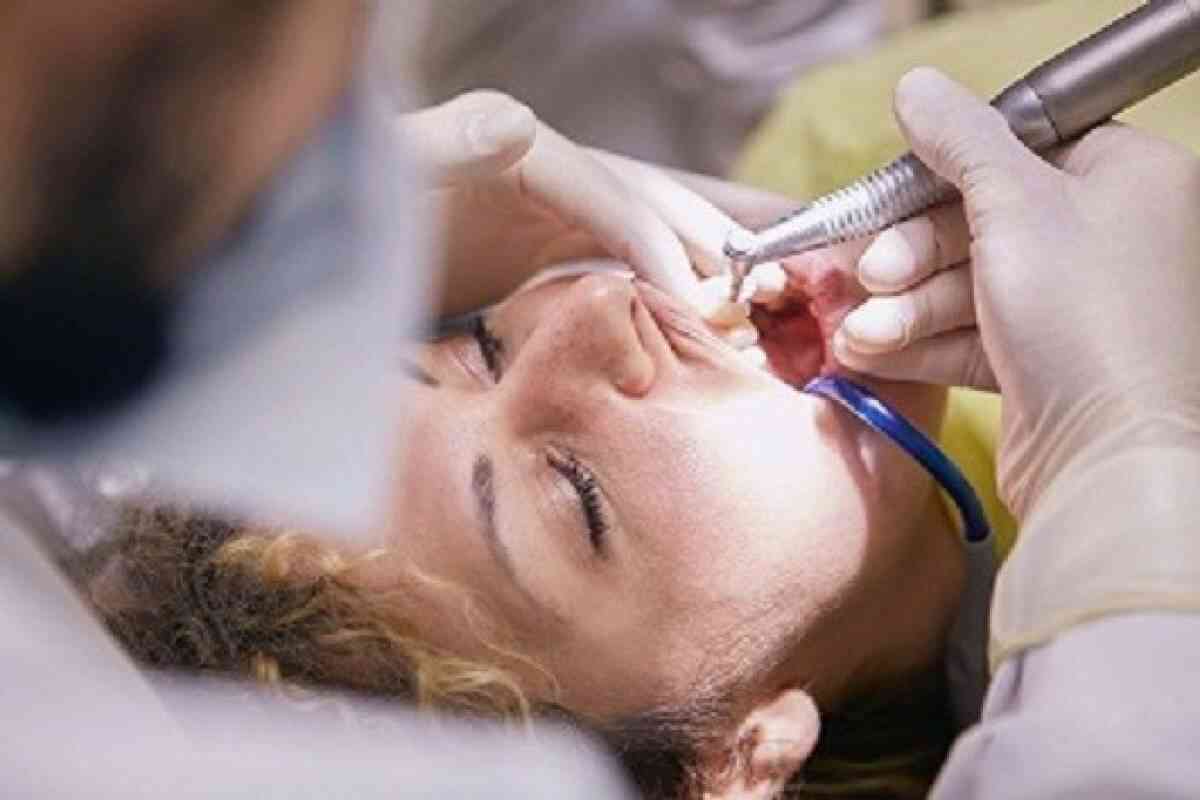What Is the Correlation Between Gum Disease and Heart Disease?
- - Category: Dental Care
- - 13 Apr, 2022
- - Views: 824
- Save

Healthy gums can help you have a healthy heart. After all, experts have proven that there is a correlation between gum d
Healthy gums can help you have a healthy heart. After all, experts have proven that there is a correlation between gum disease and heart disease. This connection between your gums and cardiovascular system is usually overlooked. And although there are still so many questions surrounding it, the connection is already well established. Studies have shown that people with moderate to advanced gum disease are two or three times more likely to suffer heart disease or stroke.
Experts were able to outline a few common theories about why gum disease and heart disease are connected. It is believed that the inflammation caused by gum diseases puts a stress on the body, increasing the risk of heart disease. Another theory is that bacteria associated with gum disease can enter the bloodstream and cause systemic damage to the body. Still, there are others who believe there common factors like lack of medical care connect these two diseases.
A person’s oral health gives doctors warning signs for various diseases and conditions. Aside from heart disease, health problems associate with gum disease include high blood pressure, diabetes, lung disease and rheumatoid arthritis. This correlation is not exactly a direct link, as some people with healthy gums still suffer from heart disease, while those with gum disease can still have healthy hearts. Also, periodontal disease is fairly common, with half of adults aged 30 years and above suffer from gum disease.
Even if the exact connection between gum disease and gum disease remains undetermined, good oral health is a crucial part of any preventive health plan. Healthy gums gives a healthy mouth and less discomfort. Prevention is the best cure for gum disease. Knowing its cause makes it easier to prevent and treat it. Gum disease is the result of inflammation because of bacteria. As it progresses, the inflammation affects the bones supporting the teeth.
There are three phases of gum disease are gingivitis, periodontitis and periodontitis. Usually, both gingivitis and periodontitis are symptom-free. Symptoms of advanced periodontitis can include tender, swollen and red gums; gums that bleed while brushing or flossing; bad breath; loose teeth; and the presence of pus. Gum disease is painful and usually results in tooth loss when left untreated. Good oral hygiene and a healthy lifestyle can help prevent gum disease:
- Avoid smoking, vaping and chewing. Tobacco and smoking are both for your oral healthy as well as your cardiovascular health. If you are currently smoking, you might want to talk to your health care provider about smoking cessation programs.
- Live an active lifestyle. Physical activity and exercise can offer you lots of benefits, including reducing your risk of gum disease. Try to get at least 150 minutes of moderate exercise every week.
- Consume a heart-healthy diet. Aim to eat various heart-healthy foods every day including lean proteins, healthy fats like Omega 3 fatty acids and high fiber foods like while grains and fresh produce. Also, limit sugar food and drinks like desserts, candies and sodas.
- Practice good oral hygiene. Brush twice a day and floss at least once. You can also use a mouthwash to prevent bacteria buildup and soothe minor inflammation. Talk with your dentist about an oral hygiene plan for your needs. Depending on your current oral health, you might need additional oral hygiene recommendations.
Regular dental examinations and professional cleanings are crucial to your oral health. Depending on your situation, your dentist will recommend how often you should get these exams and cleanings. With this plan, your dentist can identify, diagnose and treat dental issues in their early stages. Early prevention has the highest chance of success, as with any health concerns. Professional cleanings removes plaque and tartar that regular brushing cannot remove, preventing tooth decay and gum disease, and keep your heart healthy.

